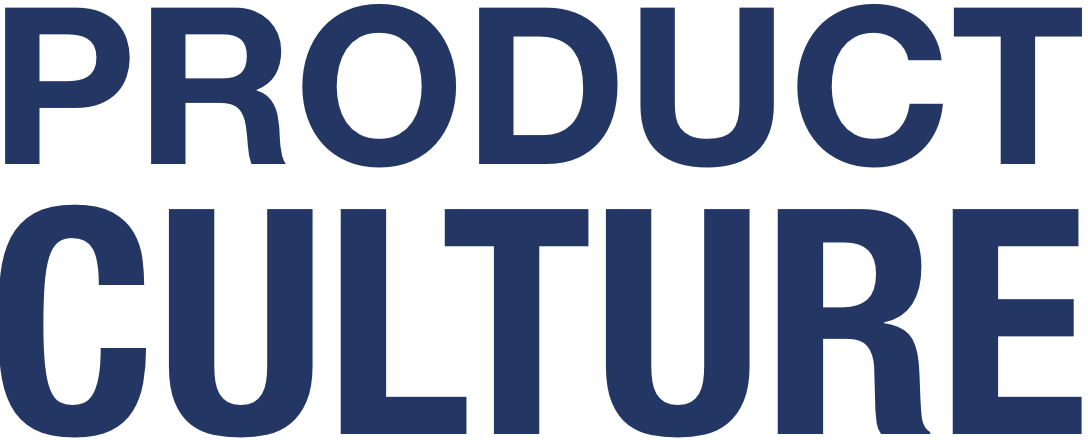In the old way of running companies, goals were set by management over long periods of time. In contrast for the knowledge economy, Objectives and Key Results (OKRs) are set by teams and looked at frequently... some weekly.
Read moreONE THING on OKRs Alignment
OKRs are meant to create alignment on goals. The best approach is to create one set of shared OKRs for an entire team. Shared OKRs promote collaboration, problem-solving, and focus. This may mean that individuals have no OKRs of their own — and that’s ok! The team rises or falls together.
Read moreONE THING on OKRs: Committed vs. Aspirational
When creating Objectives and Key Results, consider two types:
Committed are OKRs that you must meet. These are things like contractual obligations or new SLAs you need to improve to hit.
Aspirational are more like a stretch goal, something where you want to reach as far as you can and 70% of that number is still good. They may be recalibrated along the way.
ONE THING on More MadLibs
A few weeks ago, I ran a contest on Product Vision MadLibs. The idea was to create your vision statement using this MadLibs template:
We help [type of customer] [achieve a benefit] by [what we do best].
The winner (drum roll, please)…
Read moreONE THING Product Vision MadLibs
A fun way to develop your product vision is to hold a MadLibs game. Stakeholders individually fill in the following sentence:
We help [type of customer] [achieve a benefit] by [what we do best]
ONE THING on Far Out!
How far out should your roadmap go? Generally, the pace of change and development is directly related to your product’s stage of life and the maturity of its market.
Read moreONE THING on Stepping on People's Toes
As the product person, you are ultimately responsible for the success of your product. This usually means you inform, direct, and coordinate among functions as diverse as engineering, sales, and even finance. Sometimes, you may have to get into the weeds, even doing some of the work yourself. (I once spent 2 years doing partnerships because my product needed it.)
Read moreONE THING on Who Should See Your Roadmap?
ONE THING on Recency Bias
Recency Bias: You get off the phone with a customer, and you believe their problems are the most pressing, even if earlier customer calls were the real mess. How to prevent this?
Read moreONE THING on Impossible Outcomes
Tesla, Netflix, Dollar Shave Club — these organizations don't just succeed. Each has redefined the rules of their industry and achieved results once considered impossible. But they didn't succeed, really, on technical innovation. The key ingredient was (and remains) culture.
Read moreONE THING on New General Managers
I've seen more General Manager positions at product-led companies recently. A GM is like a meta-Product person, and has the responsibility of a product leader, plus more… Do you have them in your organization? Does it make sense?
Read moreONE THING on Managing Dependencies
I’m often asked how best to manage dependencies between teams. My answer is… don’t!
The best way to reduce the drag introduced by dependencies among teams is to eliminate the dependencies. This requires making the teams able to operate independently, to be autonomous.
ONE THING on User Voting and Roadmaps
Many companies are turning to feedback tools like UserVoice to get a sense of customer needs. Anyone can propose and vote for a feature or other change for your roadmap. These tools work best when you follow up to understand the needs behind the feature requests.
Read moreONE THING on Product Lifecycle
Where is your product in its lifecycle? Is it in early startup mode? Rapid growth? Cash cow? Most big companies get big by having a portfolio of products to “stack" lifecycles on top of each other. Sometimes you have to produce a roadmap of several products at the same time, a “portfolio roadmap".
Read moreONE THING on What Kills OKRs
The one thing that kills most OKR implementations? Not using them often enough. Unlike old-fashioned approaches to goal setting, progress on OKRs is meant to be measured frequently, maybe even weekly. (Facebook tracks metrics daily.)
Read moreONE THING on Prioritizing Your Life
We've talked a lot about prioritization for companies and teams. But how do you prioritize yourself? Product people often are pulled in a million directions. Now, with so many of us working at home, that balance is even more strained.
Read moreONE THING on Read Roadmaps in Polish!
ONE THING on Thanksgiving
Next week is the American holiday of Thanksgiving. We won’t be having lots of friends and relatives over for a meal this year, alas. But there are somethings to be thankful for, even in times of hardship.
I’d like to take a moment below and thank a bunch of you for your help and inspiration this year. I will be extremely thankful for good vaccines, when they come out. What are you thankful for?
Read moreONE THING on How to Explain Product to your Barber?
In the tech world, people know about product managers. But how do you describe it to someone outside the industry? To your barber? To your kids?
Read moreONE THING on a Pivot and a Roadmap Walk into a Bar
Sometimes your strategy turns out to be all wrong. At that point, the business may decide to pivot. It doesn’t make sense to wait for regularly scheduled roadmap or OKRs reviews to update strategy. When it’s time for a pivot, revisit everything in your roadmap from the product vision down, and be explicit about what is changing, what is not changing, and why these changes are necessary and good.
Read more

